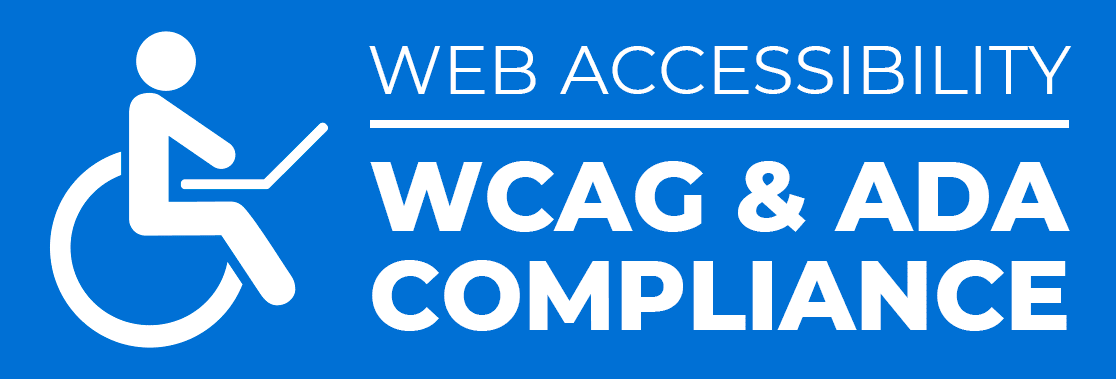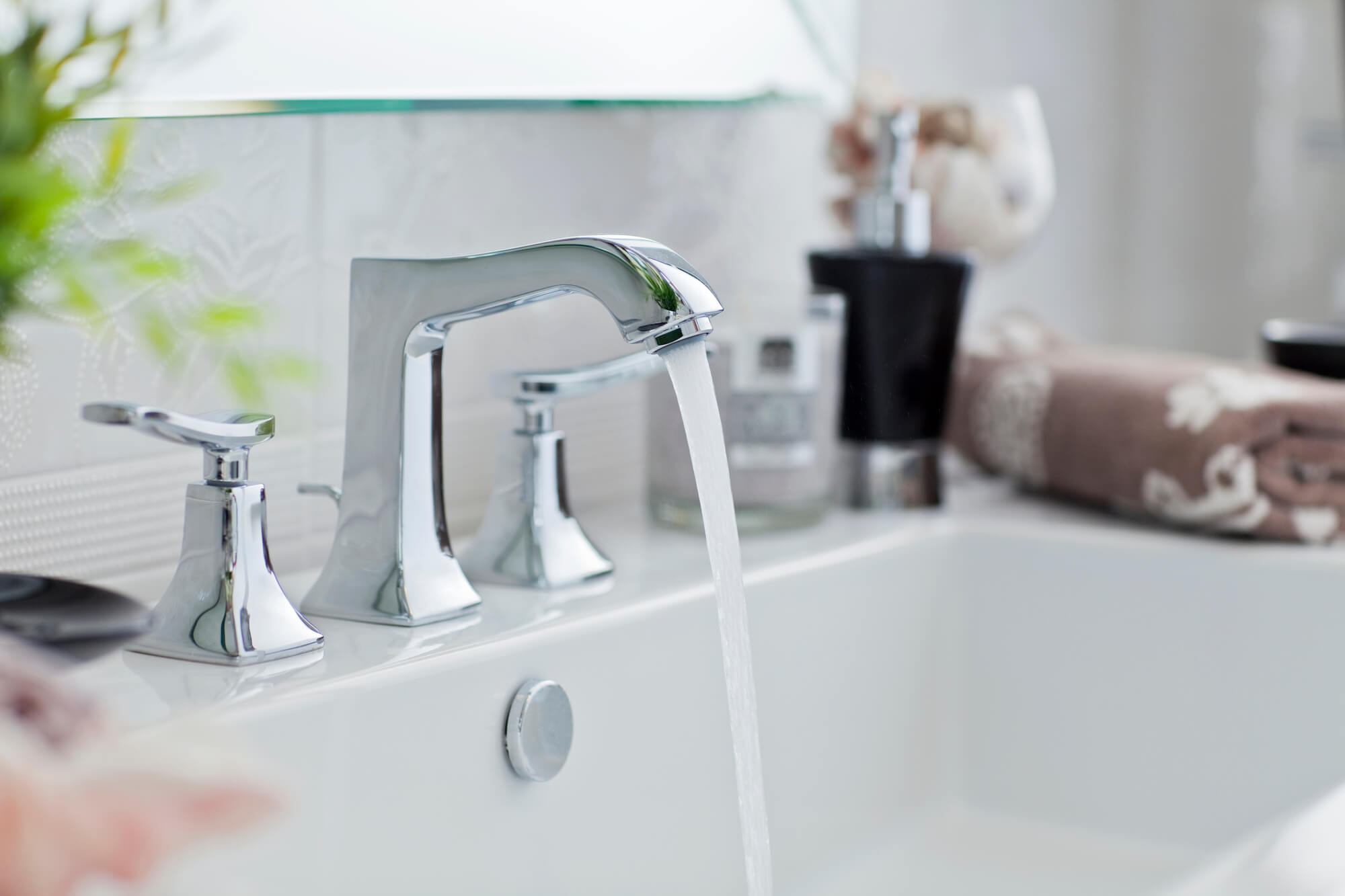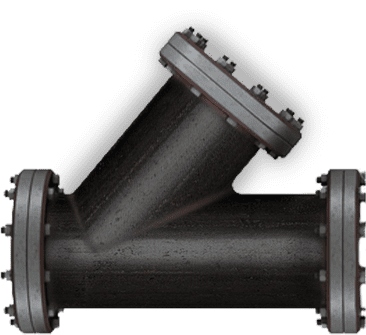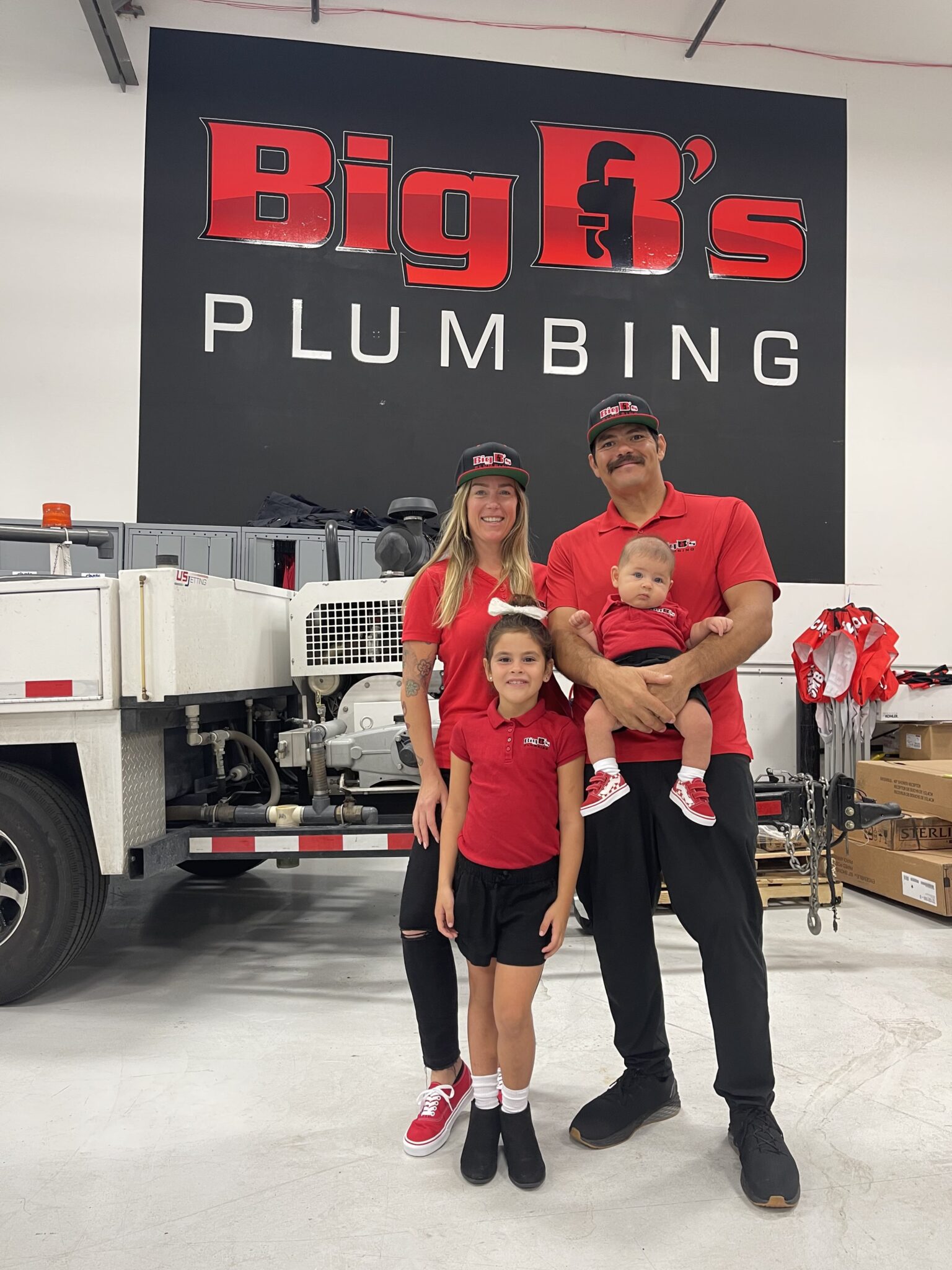What Your Water Pressure Should Be Set To
A home’s ideally recommended water pressure is typically around 40 to 60 pounds per square inch (psi), and you should never allow it above 80 psi. This range ensures a balanced and efficient water distribution system. Pressure below 40 psi may result in sluggish water flow, causing inconvenience when using faucets, showers, and appliances. Conversely, pressures above 80 psi can be problematic, as they can excessively stress pipes, fittings, and fixtures. This increased pressure can lead to leaks, bursts, and premature wear and tear, potentially causing costly damage to your plumbing system.
Maintaining the Correct Water Pressure is Important for Various
Reasons:
- It establishes a consistent and comfortable water flow throughout your home, allowing you to enjoy showers with adequate pressure and efficient use of appliances like washing machines and dishwashers.
- It helps prevent unnecessary water wastage, as excessively high pressure can lead to overuse and increased water bills.
- Setting your water pressure within the recommended range promotes the longevity of your plumbing system, reducing the likelihood of costly repairs or replacements.
In essence, maintaining the right water pressure strikes a balance between comfort, conservation, and preserving your home’s plumbing infrastructure.
How To Check Your Water Pressure
Checking your water pressure is a process that can help make certain your plumbing system functions optimally. You’ll need a water pressure gauge, which you can find at most hardware stores. They cost less than ten dollars and are a handy tool to have around the house. Begin by attaching the gauge to an outdoor faucet or hose bib. Make sure you turn the faucet on fully to get an accurate reading.
Once the gauge is attached, open the faucet and allow the water to flow freely for a few seconds so that you’re getting an accurate reading. The gauge will display the current water pressure in pounds per square inch (psi). Ideally, you want your water pressure to fall within 40 to 60 psi, which is considered the standard for most homes. If the reading is outside this range, it may be necessary to adjust your pressure regulator or consult a plumber to address any potential issues with your plumbing system. Checking your water pressure periodically, especially after any plumbing work or changes to your water supply, helps you maintain a healthy and efficient plumbing system while avoiding potential problems associated with excessive or insufficient pressure.
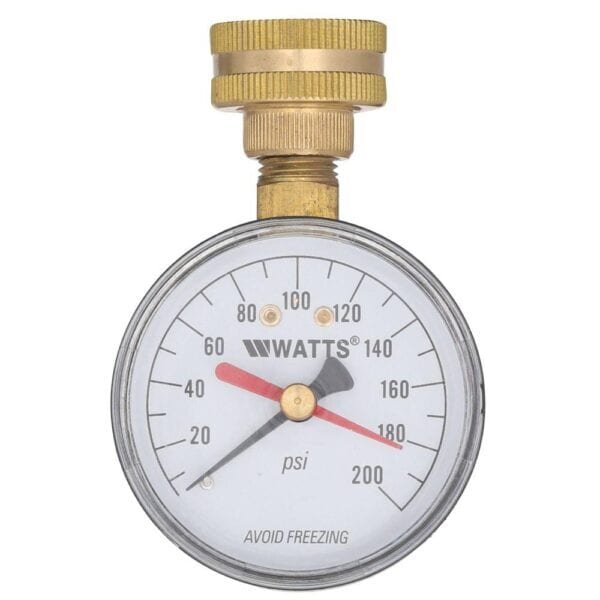
How to Regulate Your Water Pressure
Regulating water pressure in your home with a pressure regulator is a straightforward process. It makes sure your plumbing system operates within the recommended pressure range. To get started, locate your pressure regulator, typically installed near the main water line where it enters your house. The regulator may look like a brass or metal valve with an adjustable screw or knob. Before making any adjustments, it’s important to measure your current water pressure using a pressure gauge, which you can attach to an outdoor faucet or hose bib.
Regularly Monitor and Adjust Your Pressure as Needed
To decrease the water pressure, turn the screw or knob on the pressure regulator counterclockwise. This will lower the pressure to your desired level. To increase the pressure, turn the screw or knob clockwise. Make small adjustments and regularly check the pressure using the gauge until you achieve the desired pressure, typically between 40 to 60 psi. Be cautious not to set the pressure too high, as this can damage your plumbing system. Once you’ve achieved the right pressure, lock the regulator in place to prevent accidental adjustments. Regularly monitoring and adjusting your pressure regulator as needed guarantees your plumbing system operates efficiently and avoids the potential issues associated with excessively high or low water pressure.
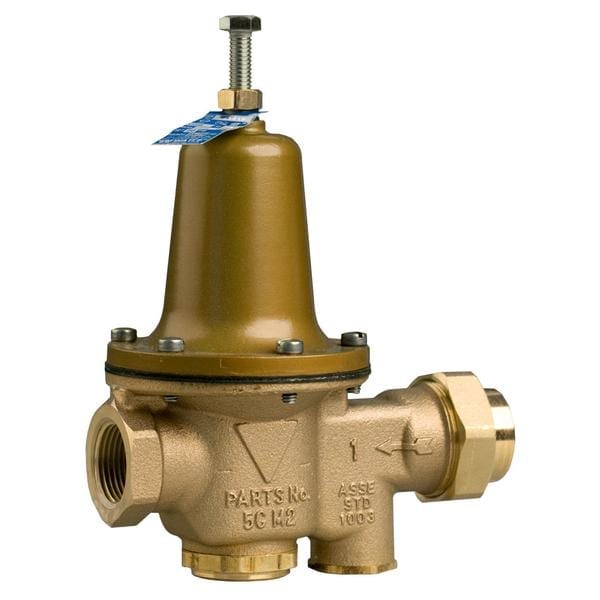
When Does A Pressure Regulator Need Replacing?
This is a common question among homeowners. Ask ten professionals the question, and you may get ten different answers. Some say replace it when broken, but others say replace it every 10-15 years. The problem is when it breaks, sometimes we don’t know it, especially if we don’t check our water pressure at least once a month. You could experience high water pressure and never know it. So, if you check your water pressure, you’ll know if your regulator is broken. If you don’t check it, then have the regulator changed every 10-15 years to be safe. However, certain situations and signs may indicate the need to replace a pressure regulator:
Consistent Pressure Problems:
If you consistently experience issues with high or low pressure in your home and adjustments to the regulator do not resolve the problem, it could indicate that the regulator is failing or has become ineffective at maintaining stable pressure.
Leaks or Visible Damage:
Visual inspection is important. If you notice visible damage, corrosion, or leaks on the pressure regulator, it clearly shows that it needs replacement. Leaks, in particular, can lead to water wastage and potential damage.
Noisy Operation:
Unusual noises from the pressure regulator, such as humming, banging, or vibrating, may indicate internal issues and a need for replacement.
Inconsistent Pressure Adjustment:
Find that the regulator no longer responds to adjustments or has difficulty maintaining the desired pressure. It may be a sign that internal components malfunctioning.
Water Quality Issues:
If your water quality deteriorates, with rust or sediment in your water supply, it could indicate problems with the pressure regulator. This can happen if the regulator is allowing debris to pass through.
If you suspect any of these issues with your pressure regulator, it’s advisable to consult a professional plumber to assess the situation and determine if replacement is necessary. Replacing a malfunctioning pressure regulator is essential to maintain a properly functioning plumbing system and avoid potential damage to pipes, fixtures, and appliances.
Can I Install a Water Pressure Regulator Myself?
While installing a regulator yourself is possible. However, you must be an advanced do-it-yourselfer at the least. The most straightforward approach is to contact Big B’s Plumbing or your licensed plumbing contractor in your area. We can assess your needs, offer cost estimates, and recommend the most suitable type of water pressure-reducing valve for your specific home. While these valves can be relatively easy to install and might seem like a DIY project, it’s important to note that certain regulations mandate that only licensed plumbing contractors are authorized to work on home potable drinking water systems. This requirement is in place for the safety and health of your water supply, making it essential to rely on a qualified professional for such installations.
California Plumbing Code
According to the California Plumbing Code, it is specified that water pressure at the point of use should fall within a specific range, with a minimum of 15 psi and a maximum of 80 psi. If the pressure exceeds 80 psi, installing a pressure regulator within the acceptable range is mandatory. It’s important to note that normal indoor water pressure typically falls between 45 and 65 psi, which is ideal. Staying within this level for household plumbing systems’ safe and efficient functioning. Maintaining water pressure within this recommended range helps prevent potential damage to pipes, fixtures, and appliances. It also establishes a reliable and sustainable home water supply.


